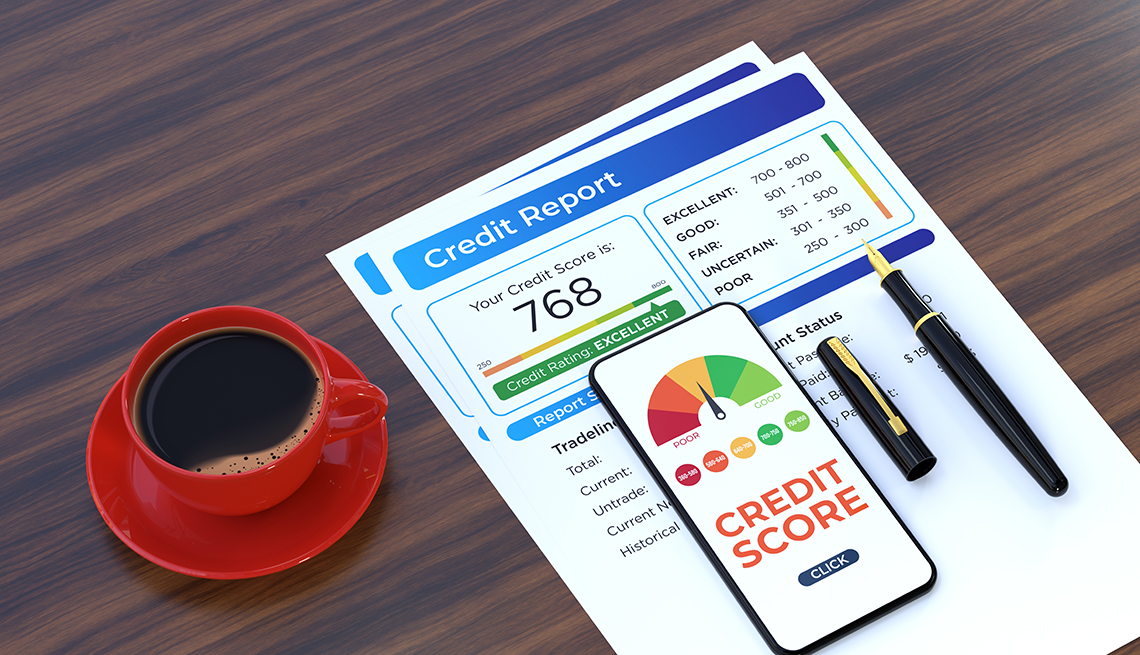
Credit reporting changes could affect your bottom line
- Select a language for the TTS:
- UK English Female
- UK English Male
- US English Female
- US English Male
- Australian Female
- Australian Male
- Language selected: (auto detect) - EN
Play all audios:

2. ‘BUY NOW, PAY LATER’ ACCOUNTS ADDED TO CREDIT FILES If you’ve shopped online at places like Amazon, Walmart or Target, you’ve probably been offered the opportunity to pay for your
purchase in installments, through an emerging credit model called “buy now, pay later,” or BNPL. With BNPL, customers pay for purchases over several weeks or months, often with no interest.
BNPL options provide people with payment flexibility and the appeal of no finance charges (unlike most credit cards). A February 2022 TransUnion survey found that nearly 100 million U.S.
adults had used BNPL to finance purchases over the previous year. But BNPL accounts may be classified on your credit report as short-term loans, and that can lower your score. Here’s why:
The “average age” of your credit accounts is a factor in calculating your FICO score, the gauge of creditworthiness most commonly used by banks and lenders. Each new credit obligation,
including from BNPL deals, decreases the average age of your credit history. And some people are using buy now, pay later repeatedly. The bottom line: Even if you pay a BNPL account on time,
be mindful of the possible hit to your credit score. 3. FREE CREDIT REPORTS AVAILABLE WEEKLY The economic fallout from the COVID-19 pandemic wreaked havoc on millions of Americans. Between
job layoffs, business interruptions and social distancing, the past two years have been tough for a lot of people, especially older adults. Early in the pandemic, many lenders and creditors
offered more flexible payment options, such as loan deferments or forbearances, to help people struggling to keep up with bills. The credit bureaus stepped up, too, offering all U.S. adults
free weekly credit reports. (Pre-pandemic, you could get one free report from each bureau per year.) That offer was extended several times and then, in October 2023, it was made permanent.
You can use the federally authorized AnnualCreditReport.com site to request free weekly reports online. Harzog says monitoring credit files once every few months, alternating between reports
from each bureau, is sufficient for most people.
